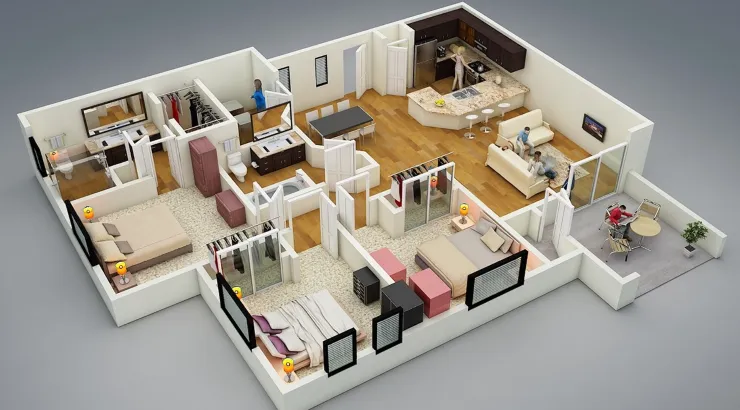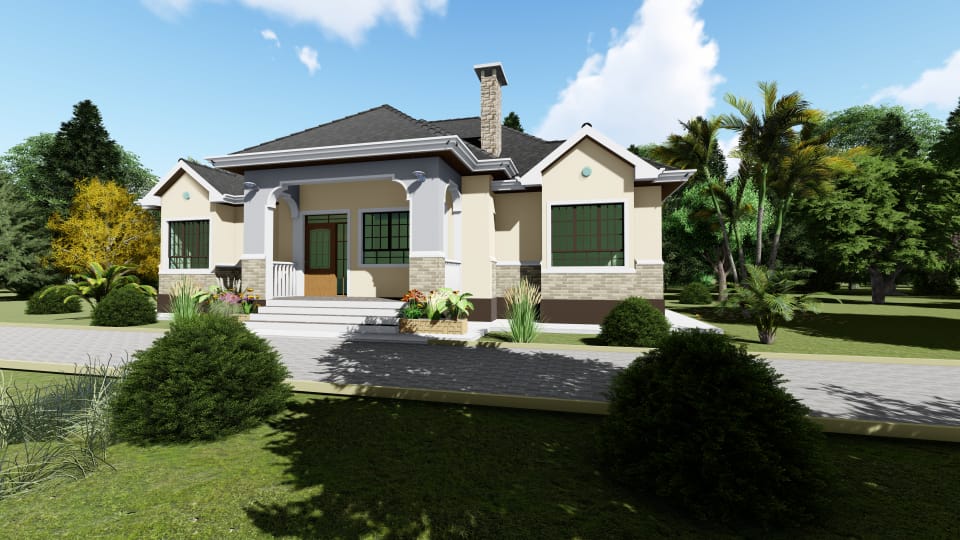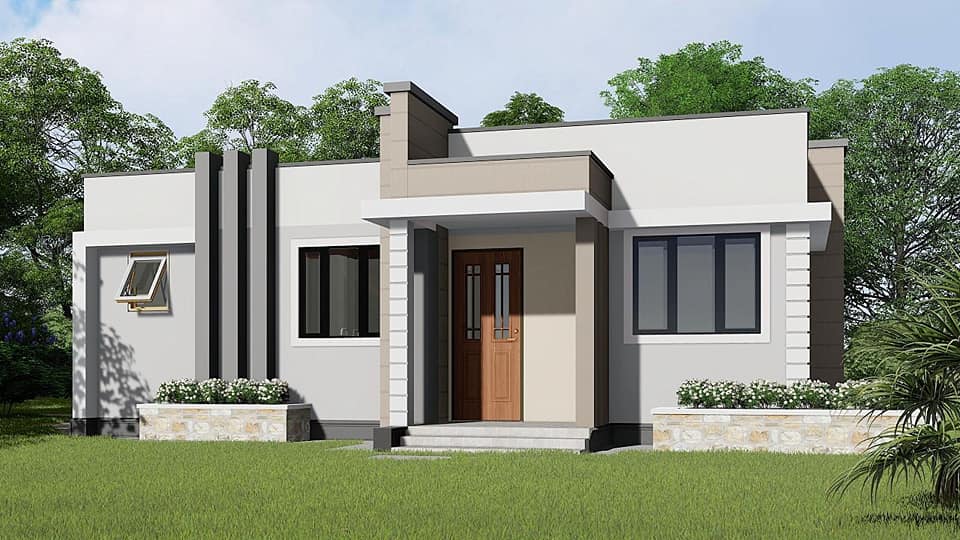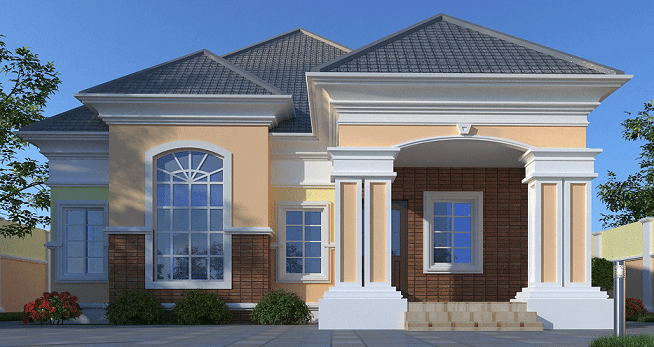Human beings are prone to mistakes either as a result of negligence or unforeseen circumstances. In construction, mistakes can be so costly and can have a lot of implications on the investment. As a construction company in Kenya with over 10 years’ experience in the industry, we have seen these mistakes and can outline a few in this article to help any new homeowner or just anyone planning on building a house.
Here are 15 mistakes you will likely come across in building which you should be wary about and plan well to avoid.
1. Consider Your HVAC System
You should work out a system that will fit your need during all times, whether hot period or during cold winter. You shouldn’t choose a system too small and can’t effectively service your need or a system too big for your house. Strike a balance between the two to ensure you don’t run into huge monthly bills for no proper return.
2. Pan spacing and Design well
Ensure before you progress into other aspects of your house, the plan is done well and clearly allocate good spacing for your rooms. I have seen some units with a big master en-suite room but with a smaller sitting room or a big and spacious sitting room with a small bedroom almost the size of a standard room in the hotel industry. Such misfit result into a situation where getting a tenant to fit into your unit becomes difficult, the unit becomes less attractive and ultimately affect the valuation of the property.
The rooms must be a plan with good spacing and also the design should come out clearly in the plan so that the contractor and other players concerned at able to visualize it from the plan.
3. Plan for your lifestyle
Plan with your lifestyle when constructing a house. If you intend to have five children, it’s wiser to put that in home planning. If you intend not to marry or have a family, then you will question the need to have so many rooms in a house. The questions you need to ask is where will you be in 5 years or 10years from now? Where will you retire? What will be the size of your family? All these questions will help you plan well for the future and also for your house.
4. Light Fixtures Matter
Ensure you provide for adequate lighting for your house. If you do poor planning for lighting, you may be forced to use bulbs or lighting systems 24/7 which will be quite costly. Plan for wider windows to bring it more natural lights.
5. Will You Use That Room?
Ensure that your house plan only contains rooms which you will effectively use. Don’t create many rooms which you will barely use. If you want to set aside a room, for example, three rooms for visitors and in a year you barely use them all at ago, then it’s going to be a waste. See if one room can have more than one function.
6. Laundry Machine Placement
When planning for a house, you need to ask yourself if you will have a laundry machine. If so, place it in the plan so that it’s provided for and whether it will be at the basement or somewhere else. The laundry machine is one of the home machines which you may want to buy but if there is no space for it, little can take place.
7. Bedroom Location
This is also very important. You can imagine if the sitting room is connected directly to the bedroom or washroom. You need to plan the location of the sitting room well because it’s a very private room in the house. Things like garage or sitting room should not connect directly to the bedroom.
8. Kitchen Convenience
There’s a lot of things to note about the kitchen. First, a lot of gatherings and parties tend to end up in the kitchen. Ideally, it’s always nice to merge the main living area with the kitchen. The cook gets company and you won’t have to worry about marching food back and forth. Open concept homes are great for this. Another thing is to have the kitchen close to the main entrance – this will make carrying groceries in less of a hassle. A kitchen located next to the garage, front and back entrance, and the main living area is best. Keep this in mind when planning the layout of your home.
9. Keep in Mind the Garage Placement
The location of the garage is important and should be closer to a water source like the kitchen. Mud and other muck can get dragged through the garage. It’s nice to have a transition area so it doesn’t also get dragged through the house.
10. Keep YOUR Priorities in Check
Keep your priorities in a plan when planning your house. Don’t mind about everyone’s priorities because you can end up getting a different house from what you had planned to build. While listening to experts is a good idea, I would not recommend taking everything everyone has said. Just consult with people who are experts in certain fields and who will help you make your plan complete.
11. Choose the Right Construction Company
Don’t be quick to pick a person or a company you can e disappointed later. There are companies or individuals who don’t give a lot of regard to small projects while others don’t have the capacity for bigger projects. You must be carefully evaluating the right contractor for your projects. You should pick a contractor with the personnel and time to work on your project.
12. Have Signed Contracts
You should always ensure you write a contract with people offering you a service. The contracts are meant to protect you so that in case something is not done well, you find a resource. If you work without a contract, you can be forced to do the same work twice at no fault on your side.
Find a lawyer conversant with property dealings to write your contracts for you.
13. Don’t Skip the Inspection
Always do the inspection of the construction as it progresses and if you don’t have enough time, look for a project manager or site manager to do a daily inspection of work and reports to you. If you don’t inspect your work, something may be done differently from what you wanted or even an oversight may occur. Surprisingly, a good number of new homeowners don’t find time to inspect their houses and also don’t find value in getting a company or an individual to offer construction management on their behalf.
14. Plan for Delays
A lot of people get stressed out when their build gets delayed. However, it’s actually fairly common – especially if the construction of your home interferes with colder months. Weather may set back construction. The ordering of parts and pieces may cause delays. Lack of permits may come into play. If you plan for delays and things go smoothly without delay, it’ll be a pleasant surprise!
15. Double-check Things with Your Contractor
Cross check things with your contractor as the work progress. This will help you alert the contractor to the fact that you are alert to the details of what should be done but most importantly, it helps contractor to have a common understanding with you on the work at it progresses.
Are you interested in getting a construction company in Kenya or construction company in Kenya? Contact us to learn how we can build your dream home.





